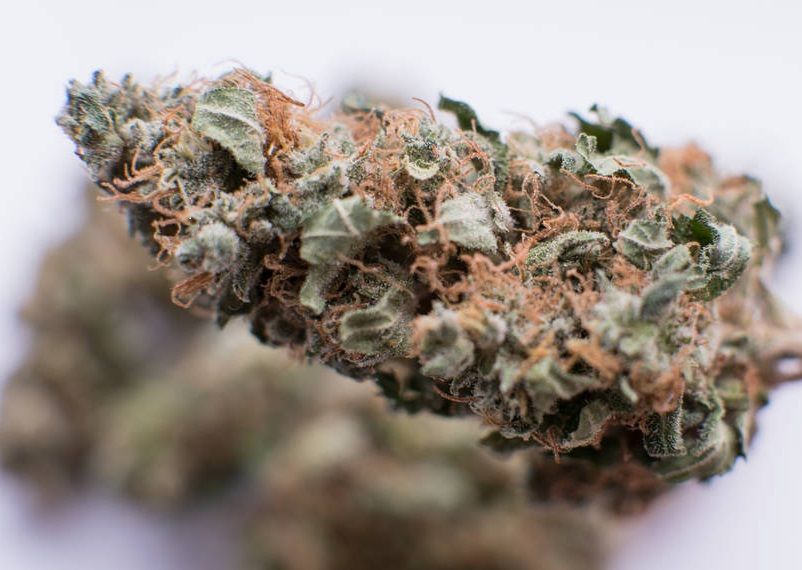In a unanimous 153 to 0 vote, the Massachusetts House of Representatives has approved a comprehensive cannabis reform bill that would significantly overhaul the state’s marijuana laws and regulatory framework, including doubling the current possession limit.

The proposal, House 4187, titled “An Act modernizing the commonwealth’s cannabis laws,” now heads to the Senate for consideration.
The legislation spans over 40 sections and introduces substantial changes, from expanding personal possession limits to launching a new tax and regulatory scheme for hemp-derived CBD products.
Key Provisions of House 4187
The bill creates a newly structured Massachusetts Cannabis Control Commission (CCC), to be composed of three members appointed by the governor. The chair would serve full-time, while the other two commissioners would serve part-time. The CCC would have independent oversight of both the adult-use and medical marijuana programs, as well as the regulation of hemp-derived consumables like CBD products and beverages.
A 23-member Cannabis Advisory Board would also be established to provide guidance to the CCC, including representatives from law enforcement, civil rights organizations, industry experts, and public health officials.
Doubling Legal Marijuana Possession Limits
The legislation doubles the legal marijuana possession limit for adults 21 and older from one ounce to two ounces in public, and from ten ounces to 20 ounces at home. The amount an individual can gift to another adult would also increase accordingly.
Rewriting the Rules for Medical Marijuana
The bill updates terminology across the statutes, replacing “medical marijuana treatment centers” with “medical marijuana establishments,” and consolidates definitions for clarity. It allows for the licensing of “fully integrated” centers that can cultivate, manufacture, and sell medical marijuana.
Tackling the CBD and Hemp Beverage Market
One of the bill’s most significant expansions is the regulation and taxation of consumable CBD products and hemp-derived beverages. A new 5.35% sales tax would be imposed on consumable CBD items, and a $4.05 per gallon excise tax would apply to hemp beverages. These products would now be regulated under a new licensing and endorsement system run by the CCC.
The bill defines a “consumable CBD product” as any edible or sublingual product containing cannabinoids derived from hemp with only trace amounts of THC. It also prohibits the sale of any cannabinoid-containing product that is not specifically authorized under the bill, including unauthorized vape or edible products.
All such products would require licensing at the manufacturing, wholesale, and retail levels. Retail sales of CBD and hemp beverages would be restricted to those aged 21 and older, and online or mail sales would be prohibited.
Consumer Protections and Enforcement
For enforcement, local boards of health are authorized to inspect and seize unlicensed or noncompliant products, with escalating penalties for repeat violators. The bill also directs the Department of Public Health to issue regulations for implementing and enforcing these rules.
Improved Transparency and Equity
House 4187 mandates a public portal for anonymous complaints related to regulatory violations, including improper laboratory practices or illegal ownership structures. It also introduces a clearer definition of “social equity business” and requires municipalities to adopt model host community agreements to support such applicants.
Background: Massachusetts Marijuana Law
Massachusetts legalized medical marijuana in 2012 and recreational marijuana in 2016. Adult-use sales officially began in November 2018. The state currently allows adults 21 and over to possess up to one ounce of marijuana in public and cultivate up to six plants per person or 12 per household.
However, the regulatory framework has been criticized for inefficiencies and inequities, particularly in local licensing and oversight. House 4187 responds to these concerns by tightening ethics rules, revising licensing limits, and streamlining regulatory authority under a centralized commission.
What’s Next
With unanimous House approval, the bill now awaits action in the Massachusetts Senate. If passed and signed into law, the reforms would mark the most sweeping update to the state’s marijuana laws since legalization began, impacting consumers, businesses, local governments, and public health officials alike.









